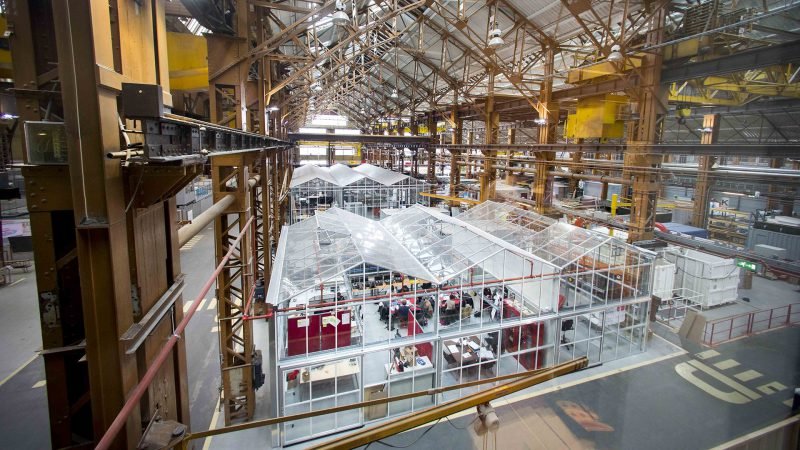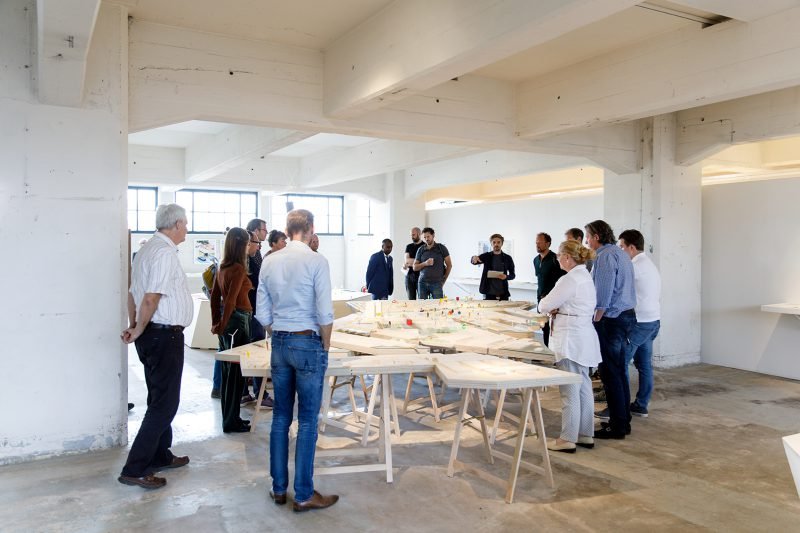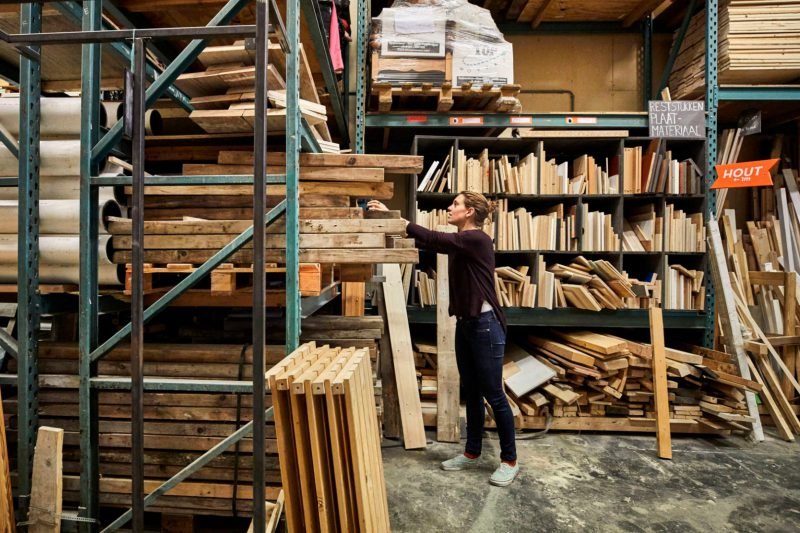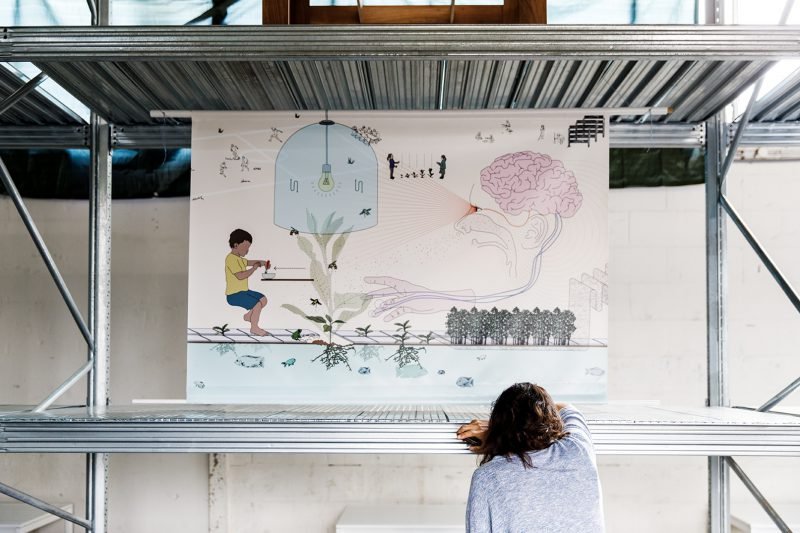World’s Smartest Port in the Making
A city that is no stranger to the industrial manufacturing industry, Rotterdam is developing the next phase of a ten-year plan for innovation along its two port neighbourhoods. At Rotterdam Makers District, forward-thinking creatives are given space to experiment and develop new products to reshape the manufacturing industry as we know it.
To provide an ideal environment for innovators to develop their products, Rotterdam Makers District has occupied two plots of industrial space in the Rotterdamsche Droogdok Maatschappij (RDM) and Merwe-Vierhavens (M4H) port zones. At RDM, education, research and private-sector organizations form the creative community of members.

Shared facilities such as labs and data centres allow for occupants to research, test and cultivate their products in a setting that fosters collaboration. In addition, industrial equipment including 3D printers, laser cutters, welding equipment and robotic arms are shared between businesses to make modern technologies more accessible. RDM is home to growing initiatives such as a power-generating dance floor, a non-powered exoskeleton and the first certified 3D printed propeller.

The second neighbourhood, M4H, is also establishing itself in Rotterdam Makers District with similar industrial and experiential qualities of RDM, but more of a focus on circular manufacturing. With an atmosphere that encourages exploratory practices, it’s no surprise that membership at M4H is growing in numbers. Many developments are already taking place, including a circular floating dairy farm. The project intends to educate and connect primary school students with the urban agricultural industry. It will be comprised of three levels that will sustainability produce dairy products, operate as an educational space and ensure a happy, quality living space for 40 cows. It’s revolutionary projects like this that affirm M4H as an upcoming place for circular innovation in Rotterdam and across the world.

Rotterdam Makers District offers virtual and guided tours for those interested in exploring both neighbourhoods further. The spaces are also used for cultural events, workshops and festivals in an effort to share insights on discoveries within RDM and M4H. It’s evident that for a community to thrive, it’s important to keep resources open and accessible; after all, it’s the shared resources that have leveraged many of the in-house initiatives in the first place.



